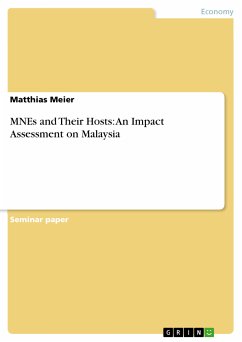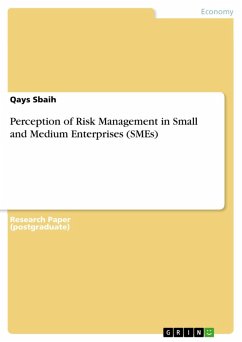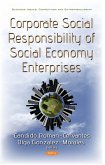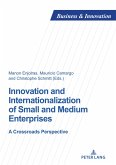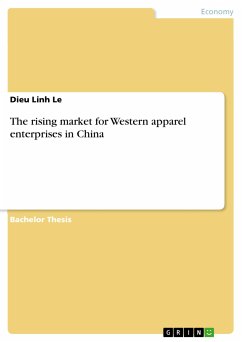The contributions of this special issue are an initial step to address the open questions that stem from extant research on multinational enterprises' (MNE) and global cities and offer further reflections that may inform the research agenda on the topic.In connection with the set of questions on the relevance of location decisions for corporate competitiveness in an era of profound technological and structural changes, Rachel Ortega-Argiles, Simona Iammarino and Philip McCann connect the shift in thinking in economic geography about cities, location and competitiveness with the major features of modern globalization as well as with the shift in international business research about MNE location questions to ultimately indicate the likely key influences on the future relationships between MNEs, competitiveness and cities in the current era.Christian Geisler Asmussen, Bo Nielsen, Anthony Goerzen and Svenja Tegtmeier initiate the discussion in relation to the set of questions on the geographical organization of different levels of corporate units. Specifically, they extend the analysis to focus on multi-tiered "e;subsidiaries of subsidiaries"e; to examine how the geographic origins and destinations of investments are associated with micro-location choices in a host country.By speaking to the literature on the changing geography of knowledge connections and focusing on the connections between local and global technological knowledge sourcing, John Cantwell and Salma Zama's article contributes to parallel discussions in other fields such as economic geography. In particular, they provide a detailed picture of the changing knowledge sourcing trends at a city region level as well as of the role played by a variety of knowledge connections in helping a city remain competitive. In particular, using USPTO data to study knowledge sourcing trends for the years 1980-2016 across 33 global cities, they examine the influence of international knowledge sources on the capacity to build upon local knowledge sources in a city region and suggest that an increase in non-local knowledge sourcing tends to enhance local knowledge sourcing too.Khee Giap Tan, Nguyen Trieu Duong Luu, and Le Phuong Anh Nguyen's article outlines a comprehensive, systematic and rigorous methodology for measuring and comparing cost of living for expatriates in 103 major cities around the world. As businesses and professionals become more internationally mobile in today's globalised world, international benchmarks for cost of living across cities have become increasingly important for informed decisions to be made. Cost of living in the destination city is a major consideration for professionals who look to relocate. Likewise, companies and organisations factor in cost of living calculations in their decisions to post employees overseas as they have to provide commensurate compensation packages.Vanessa Ratten's article discusses about Eco-innovation and competitiveness in the Barossa valley wine region. "e;the wine sector is one of the most representative economic activities in many countries in terms of employment and economic revenues"e;. Due to changing societal trends, the wine industry has adapted to more consumers wanting environmental friendly products. This has led to more wineries recognizing the need to develop eco-innovations as a way to include more environmentally friendly services.Eoin Byrne and Mathieu Resbeut's article is the book review of "e;regions and competitiveness: contemporary theories and perspectives on economic development"e;. The rise of the concept of regional competitiveness has led to many emerging frameworks and applications employed across various contexts. There is a growing consensus that regions have become the principal spatial units that compete to attract investment and generate knowledge flows, which gives rise to agglomerations, or clusters, of industrial and sectoral activity.The contributions to this special issue section do an excellent job in starting addressing some of the questions stemming from the conclusions extant research on the topic has reached. At the same time, some other questions of these questions are still left open and the contributions to this special issue section offer insightful suggestions for future investigations. We are thus confident that this special issue section can offer fruitful grounds to expand our knowledge of MNEs and global cities.
Dieser Download kann aus rechtlichen Gründen nur mit Rechnungsadresse in A, B, BG, CY, CZ, D, DK, EW, E, FIN, F, GR, HR, H, IRL, I, LT, L, LR, M, NL, PL, P, R, S, SLO, SK ausgeliefert werden.



